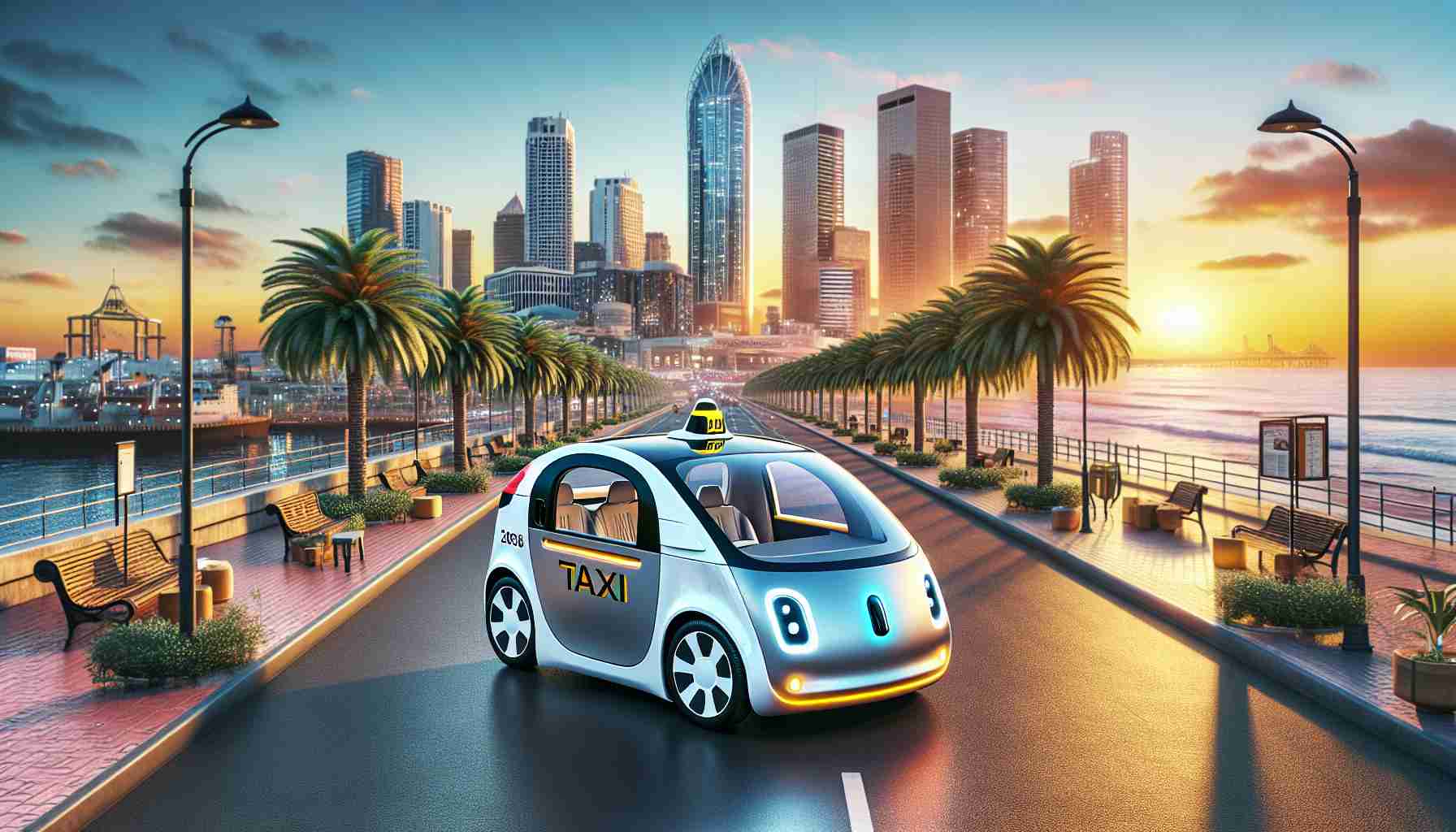Waymo, the autonomous driving technology startup, has announced that it will be offering paid robotaxi services in Los Angeles starting this week. This move comes as the self-driving car industry continues to gain momentum and explore new avenues for expansion. Waymo, a subsidiary of Google, had previously revealed its plans for a service in Los Angeles earlier this year and has since been providing free “on tour” rides to the public.
With over 50,000 people already on the waitlist for the service, Waymo’s expansion to a paid model marks a significant milestone for the company. Although it hasn’t disclosed the exact number of users who will have access to the app initially, Waymo has stated that it will be operating a fleet of fewer than 50 cars that will cover a 63-square-mile area in Los Angeles, extending from Santa Monica to downtown L.A.
Similar to popular ride-hailing apps like Lyft and Uber, Waymo’s robotaxi service will be accessible through a smartphone app. What sets Waymo apart is that their vehicles operate without human drivers. Riders will receive instructions on the app and through the car’s sound system, with remote assistance available from Waymo workers if needed.
Waymo’s expansion into Los Angeles is a significant development for the city, known for its car culture. Currently, the company faces no competition from other self-driving car services, as traditional human-driven car services dominate the market. Waymo already operates commercial robotaxi services in San Francisco and Phoenix.
Robotaxi services have faced criticism and raised concerns about safety, job displacement, and potential traffic congestion. However, Waymo has emphasized its commitment to safety and highlighted the fact that its technology has not caused any deaths or serious injuries. Journalists who have experienced rides in Waymo vehicles have also noted that they appear to be more observant of traffic laws than human drivers.
While the Los Angeles Department of Transportation expressed concerns regarding the expansion, state officials have deemed these concerns as unfounded. Nonetheless, opponents, including the Teamsters union, have vowed to slow down the growth of companies like Waymo. A pending bill in the California Senate aims to give cities and counties authority over robotaxi services, currently regulated by state government agencies.
As Waymo ventures into the bustling streets of Los Angeles, it marks a significant step forward in the widespread adoption of autonomous driving technology. The success and reception of its robotaxi service will play a crucial role in shaping the future of transportation in major cities around the world.
The autonomous driving technology industry has been gaining momentum in recent years, with companies like Waymo at the forefront of innovation. According to market forecasts, the global autonomous vehicle market is expected to reach a value of $556.67 billion by 2026, growing at a CAGR of 39.47% during the forecast period. This growth can be attributed to several factors, including advancements in technology, increasing concerns about road safety, and the potential for reducing traffic congestion.
Waymo’s expansion into the paid robotaxi market in Los Angeles is significant for the industry, as it demonstrates the company’s confidence in its technology and its ability to provide a reliable and convenient service to customers. With over 50,000 people on the waitlist, there is clearly a demand for autonomous driving services, and Waymo’s entry into the Los Angeles market will likely encourage other companies to follow suit.
However, the autonomous driving industry is not without its challenges. Safety concerns have been raised, particularly in light of high-profile accidents involving self-driving cars. These incidents have led to questions about the readiness of the technology and the potential risks it poses to pedestrians, cyclists, and other road users. As a result, companies like Waymo are under pressure to demonstrate the safety and reliability of their autonomous driving systems.
In addition to safety concerns, the widespread adoption of autonomous driving technology also raises questions about job displacement. As self-driving cars become more prevalent, there is a fear that millions of jobs in the transportation industry could be at risk. This has led to opposition from labor unions, such as the Teamsters, who argue that autonomous vehicles could lead to unemployment and a decline in wages for workers in the industry.
Furthermore, the expansion of robotaxi services like Waymo’s could potentially exacerbate traffic congestion in major cities. If more people opt for autonomous vehicles over public transportation or other modes of transport, it could lead to increased traffic on already crowded roads. This issue needs to be carefully addressed to ensure that the benefits of autonomous driving technology are not outweighed by negative consequences.
Overall, Waymo’s move into the paid robotaxi market in Los Angeles is a significant development for the autonomous driving industry. It represents a step forward in the widespread adoption of self-driving cars and will likely shape the future of transportation in major cities around the world. However, there are still challenges to overcome, including concerns about safety, job displacement, and potential traffic congestion. As the industry continues to evolve, addressing these issues will be crucial to ensuring the success and acceptance of autonomous driving technology.
For more information on the autonomous driving industry and related topics, you can visit the following links:
Waymo
Autonomous Vehicles Market Forecasts
TechCrunch – Waymo brings paid robotaxi service to Los Angeles
Bloomberg – Self-Driving Uber’s Waymo is Valued at $30 Billion in Paid Rides
